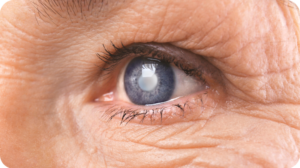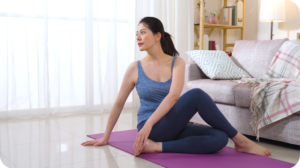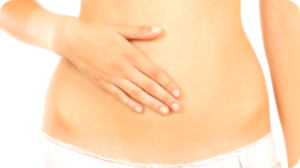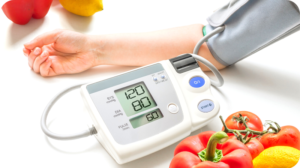Because we assume that it happens automatically, we tend to tolerate poor sleep. That’s a huge mistake because high-quality sleep may be the golden key that unlocks whole-life health. The opposite is also true: disrupted and poor-quality sleep contribute to a host of serious chronic diseases, according to the National Institutes of Health and supported by a wealth of research.
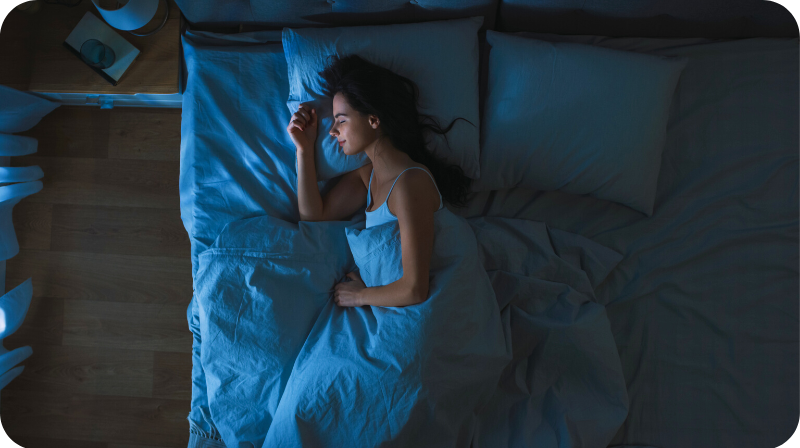
Those diseases include heart and kidney disorders, high blood pressure, stroke, obesity, and mental health issues including anxiety and depression. A less obvious danger is the incidence of daytime fatigue after a poor night’s sleep, which can lead to automotive accidents and other safety hazards.
The effects are so wide ranging because sleep is complex process that is not yet completely understood by medical experts. However, we know that sleep allows the body the opportunity to repair damage and reverse the negative impact from day-to-day living. There are basically three stages of sleep, with substages inside them. In a normal night of healthy sleep, we cycle through the stages, spending more or less time in any given stage, depending on how long we’ve been asleep. That’s why getting restorative, healthy sleep is all about timing.
Sleep Strategies
The best practices for a good night of sleep are grouped under what is called “sleep hygiene.” Just as you schedule and prepare for work to do the best job possible, you need to schedule and prepare properly for sleep, to get a healthy, 7 to 8 hours.
- Honor the circadian rhythm. The circadian rhythm is how your body acknowledges day and night, and prompts the body to react differently at different times. The rhythm is controlled by hormones that ensure you progressively awake in the morning, and sleepier the longer you stay up. Melatonin is the key hormone triggering other hormones to produce sleepiness. Jet lag and exposure to bright light or caffeine late at night can diminish the amount of melatonin your body produces. Although melatonin supplements work well for some people, they should only be used as a “right sizing” temporary fix. Any healthy person on a regular cycle will produce all the melatonin they need.
The term “regular cycle” is key. Think of infants and toddlers, and how they nap and sleep—and wake—on relatively strict schedules. Every parent learns that it’s a mistake to mess with those schedules. Unfortunately, adults are not as rigid with themselves as they would be with a child, even though your body still functions best when you go to sleep and wake up at roughly the same time every day.
- Schedule wind-down. To give yourself the best chance of great sleep, it’s wise to turn all electronic devices off at least 30 minutes before going to bed. This includes your phone. Blue light from electronic devices has been shown to inhibit melatonin production. Your pre-bed ritual should be calm and quiet; reading or meditating are ideal for preparing your mind and body for sleep.
- Careful what you consume. The wrong food or drink is a sure way to disrupt sleep. The obvious culprits are caffeinated beverages or alcohol within a couple hours of bedtime. Instead, turn to an herbal tea—chamomile has been shown to facilitate relaxation and sleep. It’s also important not to eat close to when you go to bed. Your gastrointestinal system will continue digesting any food in the stomach. The energy it uses can mess with sleep cycles.
- Don’t forget the comfort. The best sleep happens between 60°F and 65°F. Try to keep bedroom temperature in that sweet spot. Make sure pillows and mattress are all still resilient and supportive; if they aren’t replace them (a lumpy mattress is one of the main causes of sleep deficiency). Splurge on high-end bed linens that will feel luxurious against your skin.
Natural sleep is the best sleep, but it takes purposeful action and adherence to schedule to ensure that you get great sleep without turning to sleep aids or drugs. Learn more about how to get your very best sleep on the National Sleep Foundation’s website.

